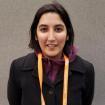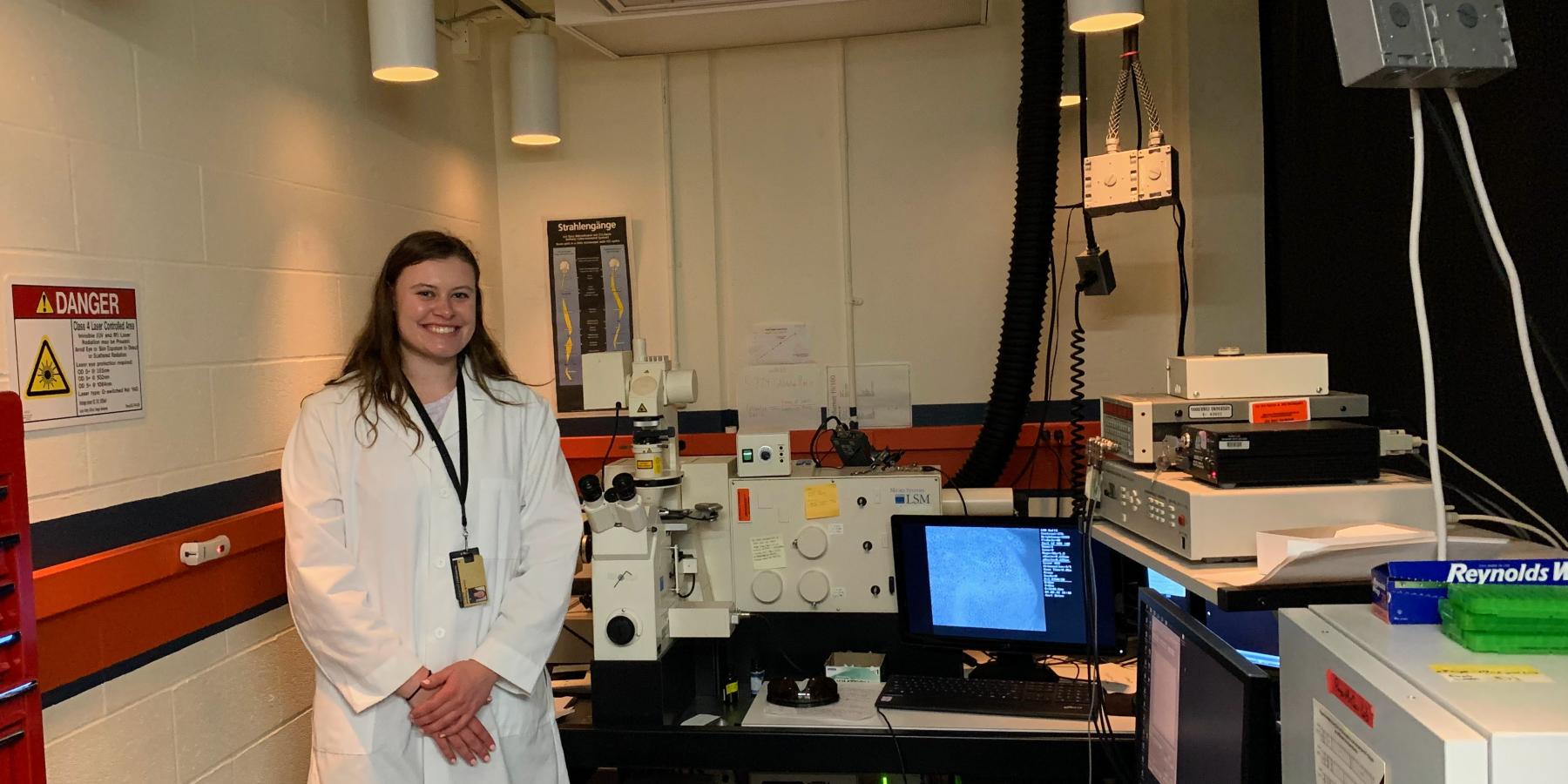A closer look marginalization in STEM and building a community for undergraduate students on a similar path

STEM majors are notoriously known for being difficult, but socioeconomic conditions generate barriers that make these even more challenging for marginalized populations, limiting access to the research community. Personally, I didn’t realize how much I loved research until I completed a summer research assistantship at CU Boulder. Without the luck of being in the right place at the right time, I would not have gotten that same opportunity and now, it is my mission to destigmatize research and make it more accessible to students like me.
While St. Lawrence has great science programs, the distribution of funding poses a challenge when it comes to equitable access to scientific research opportunities in comparison to tier one research institutions. With no prior research experience, it is difficult to get your foot in the door. This knowledge gap is a big accessibility obstacle for students interested research and while I was fortunate with my experience at CU, a lot of students don’t have access to these opportunities. My Tanner Fellowship is centered around building a resource for students at St. Lawrence with advice on how to get involved in research and develop confidence in the field – starting with my personal experiences this summer.
I spent the summer at Vanderbilt developing a laser ablation system to study wound healing. With the time that I didn’t spend in the lab, I interviewed a number of different individuals from professors to fellow undergraduates to learn more about the inequities in science and some of the different resources available to help students overcome these barriers. I am accumulating the information I have learned through these interviews and creating a new research resources page to be published on the St. Lawrence website next spring. The webpage will include information on summer REU programs, the graduate school application timeline, fellowship opportunities, resources for marginalized populations, and more. Additionally, it will serve as a reference page for prospective students to highlight different research programs and opportunities for years to come. By sharing my personal experiences, I hope to inspire others to try research whilst destigmatizing and diversifying the field to open more doors for future research students.
